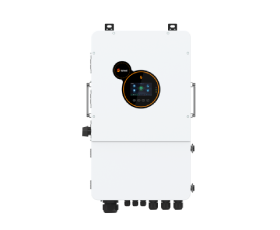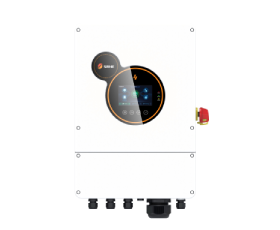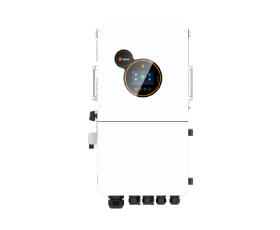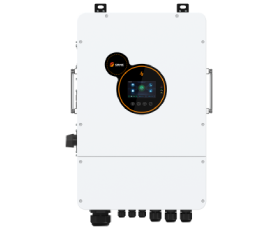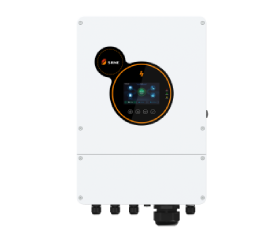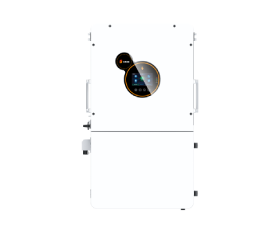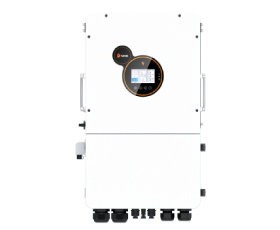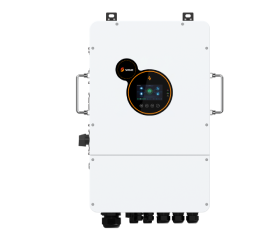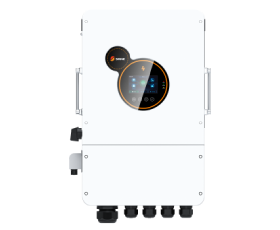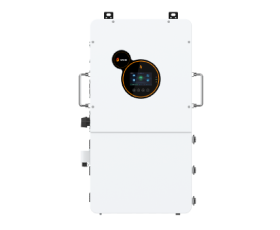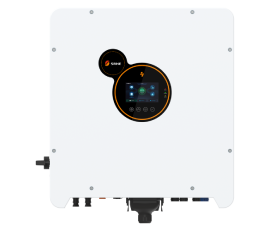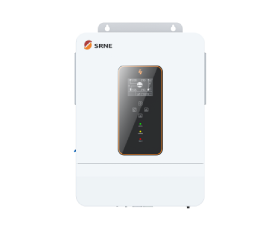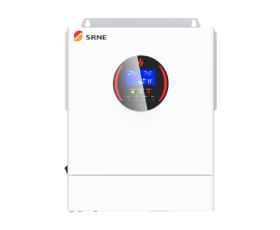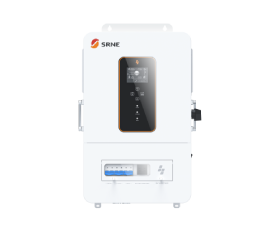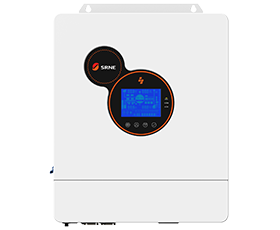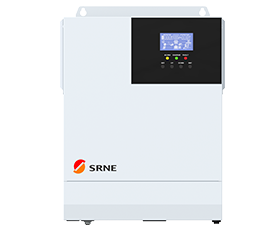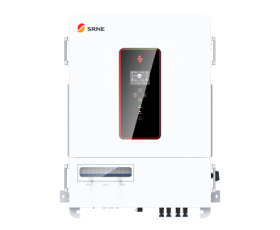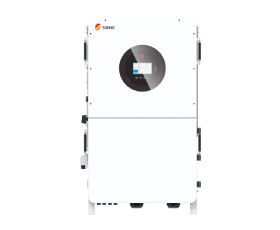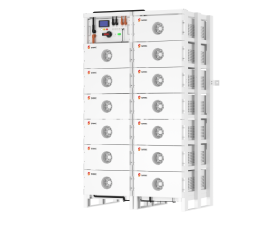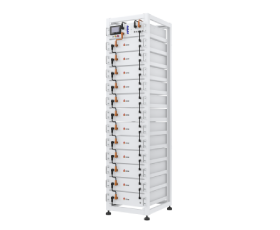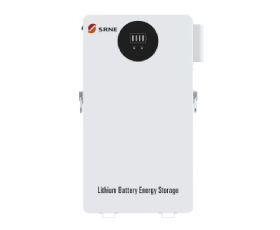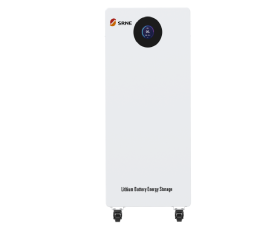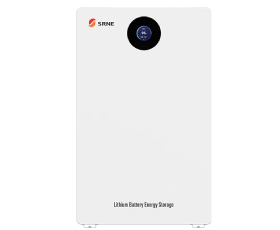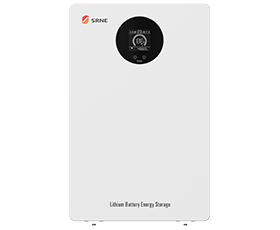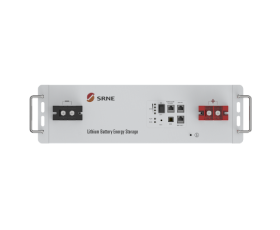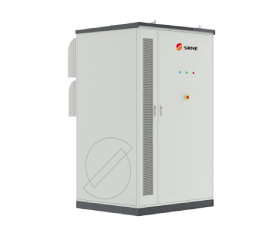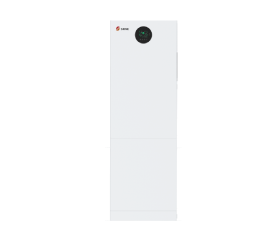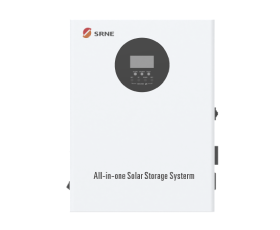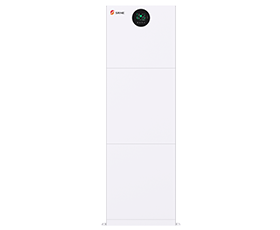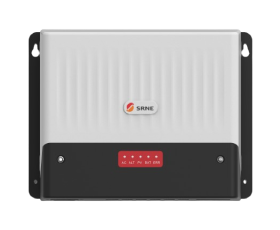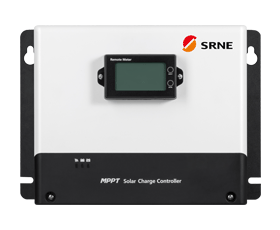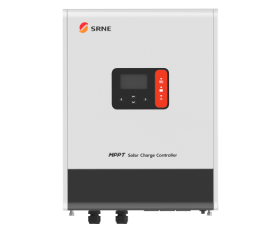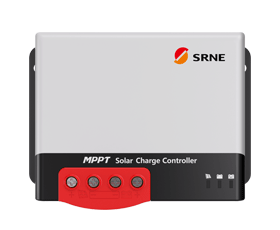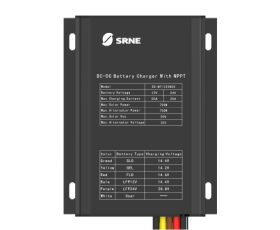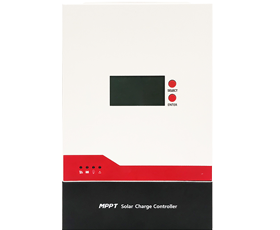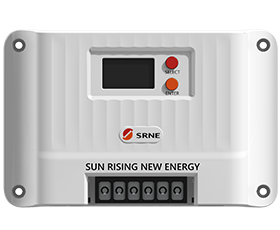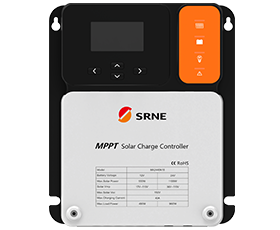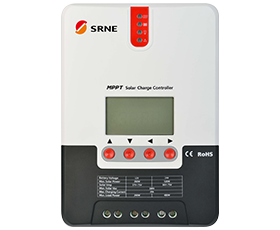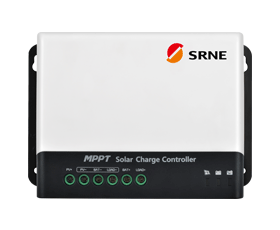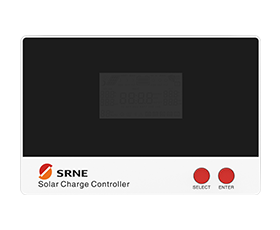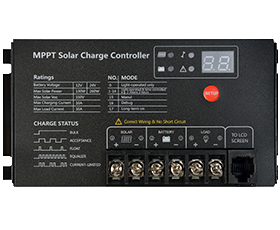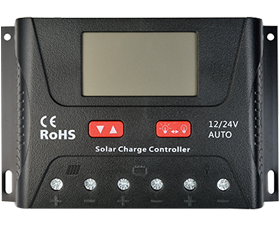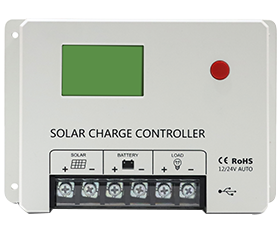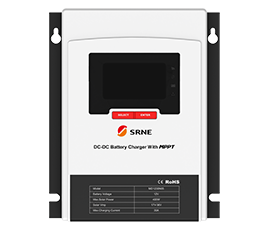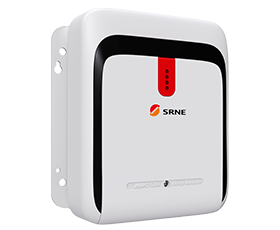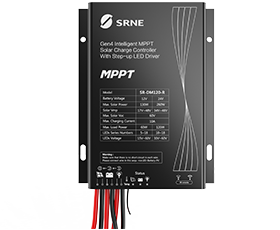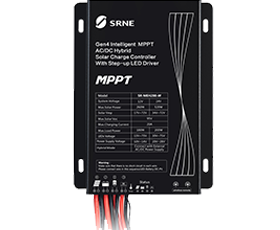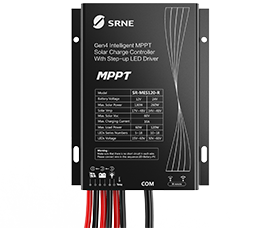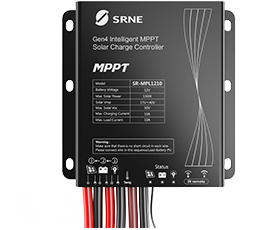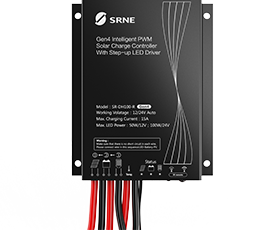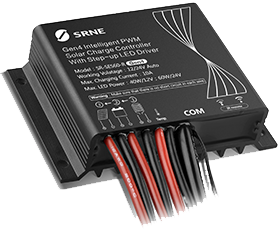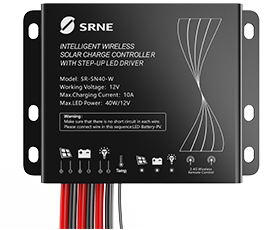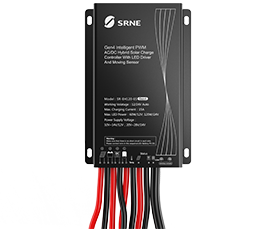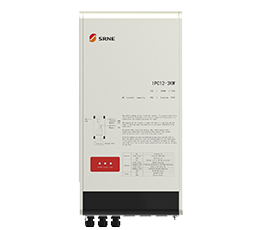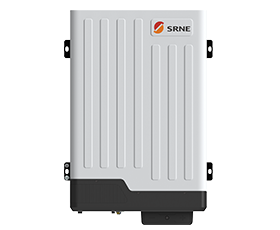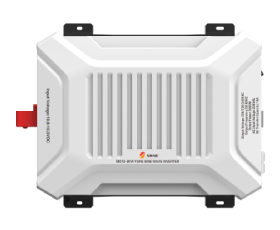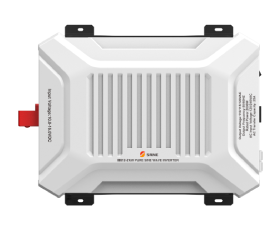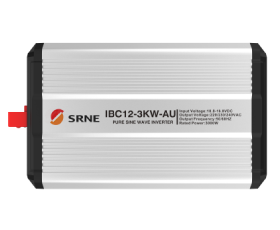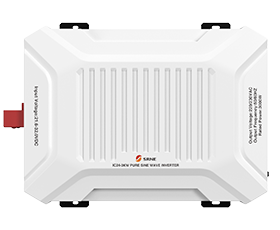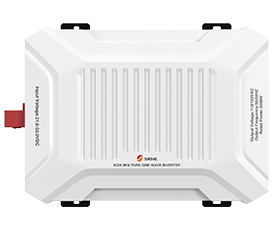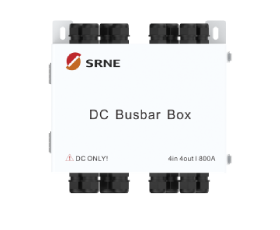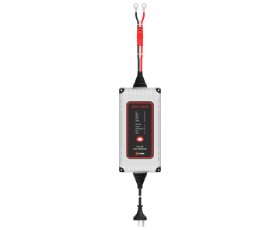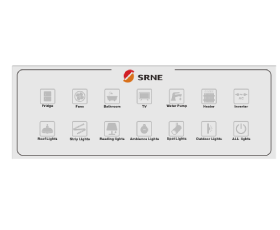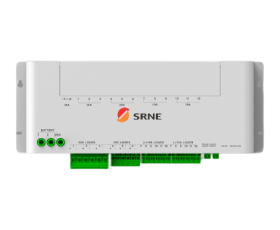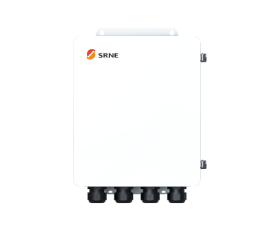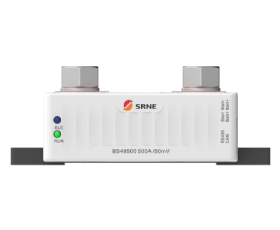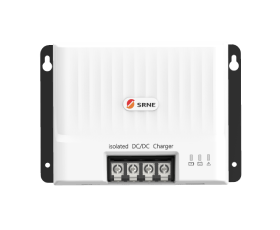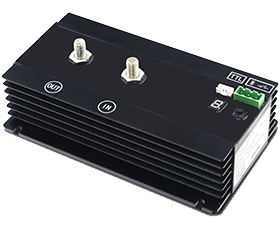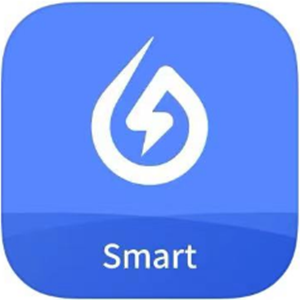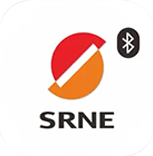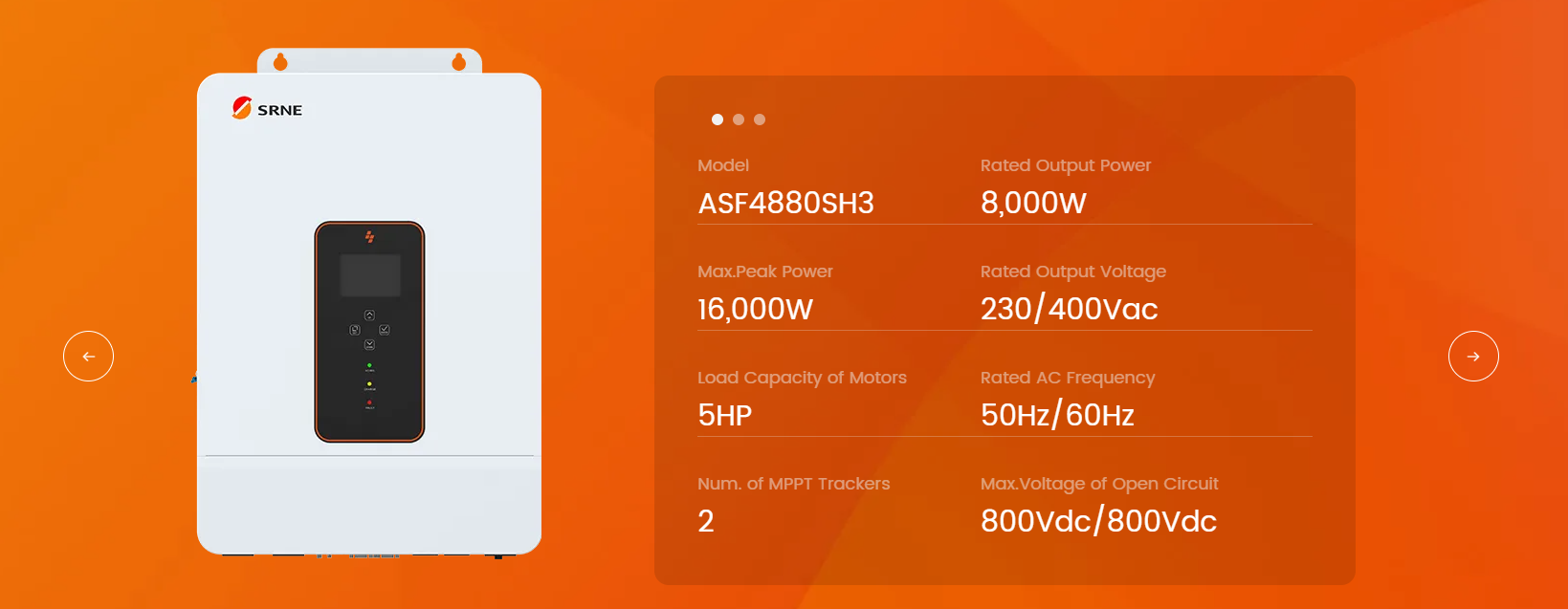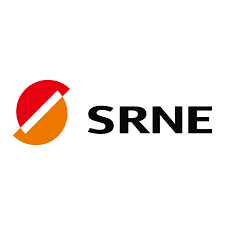Is Off-Grid Solar Inverter Worth the Investment?
In recent years, the shift toward renewable energy solutions has accelerated, with solar power being at the forefront of this green revolution. Among the various components of a solar system, off-grid solar inverters play a crucial role in making the transition to sustainable energy both practical and efficient. But, like any investment, the decision to go off-grid is not one to be made lightly. Is an off-grid solar inverter worth the investment? Let's dive into the factors that can help you decide.
Understanding Off-Grid Solar Inverters
Before determining whether an off-grid solar inverter is a good investment, it's important to understand what it does and how it works. An off-grid solar inverter is a critical component of a solar system that operates independently of the utility grid. This inverter converts the direct current (DC) electricity generated by solar panels into alternating current (AC), which is used by most household appliances.
Unlike grid-tied inverters that rely on an external power source for backup, off-grid inverters must store excess solar energy in batteries to ensure a continuous power supply when the sun isn't shining. These systems are ideal for homes, cabins, or businesses located in remote areas where access to the electrical grid is either unavailable or too expensive to connect to.
Pros of Off-Grid Solar Inverters
1. Energy Independence
One of the most compelling reasons people invest in off-grid solar inverters is the promise of energy independence. If you're living in a remote location or a place prone to power outages, relying on the grid can be both unreliable and costly. Off-grid solar systems eliminate the need for a utility company, offering you complete control over your energy supply.
By generating your own electricity, you reduce your reliance on traditional energy sources, which are often subject to price hikes and shortages. This can be especially beneficial in areas where power outages are common or where the grid infrastructure is outdated.
2. Lower Energy Costs
While the initial investment in an off-grid solar inverter system can be substantial, the long-term savings can be significant. Off-grid systems allow homeowners and businesses to generate their own power, reducing or even eliminating monthly electricity bills. Once the system is installed and paid for, most of the ongoing costs are minimal—essentially just maintenance and occasional battery replacement.
In the long run, an off-grid solar inverter can help you save thousands of dollars in energy costs, especially if you're in an area with high electricity rates. Many solar users report seeing a return on investment within 5-7 years, after which they enjoy free electricity for the lifetime of the system (typically 25+ years).
3. Environmental Benefits
Solar energy is one of the cleanest and most sustainable sources of power. By opting for an off-grid solar inverter system, you're reducing your carbon footprint and contributing to a greener planet. Solar power doesn't produce harmful emissions or pollutants, making it a vital tool in combating climate change.
For those looking to live a more sustainable lifestyle, installing an off-grid solar inverter system can be a meaningful way to make a positive impact on the environment.
4. Increased Property Value
Solar energy systems, including off-grid solar inverters, are seen as valuable assets in the real estate market. Homes and properties equipped with solar panels are often more attractive to potential buyers due to the promise of lower utility costs and energy independence. This can translate into a higher resale value for your property.
Moreover, as the demand for sustainable living increases, more buyers are looking for homes that are energy-efficient and self-sustaining. Installing an off-grid solar inverter could thus make your property more marketable, offering a potential return on investment when you decide to sell.
Cons of Off-Grid Solar Inverters
1. High Initial Cost
The most significant downside of off-grid solar inverters is the upfront investment. Solar panel systems, inverters, and battery storage can be expensive to install. Prices can vary based on system size, brand, and installation costs, but it's not unusual for a full off-grid system to cost tens of thousands of dollars. While tax incentives, rebates, and financing options may reduce the financial burden, the initial outlay can be a significant barrier for some homeowners.
2. Maintenance and Battery Replacement
Off-grid solar systems require ongoing maintenance to ensure optimal performance. Batteries, in particular, need to be replaced every 5-10 years, depending on the type and usage. Additionally, maintaining the inverter and solar panels requires periodic checks to ensure that everything is working efficiently.
If you're not comfortable with DIY maintenance, you may need to hire a professional to service your system, which can add to the overall cost. However, with proper care, your off-grid solar system can last for many years with minimal issues.
3. Limited Energy Capacity
Off-grid systems rely heavily on battery storage to supply power during times when solar energy production is low. While technology has made significant strides in battery efficiency, storage capacity can still be a limiting factor. Larger homes or businesses with high energy demands may find that their off-grid system can't supply enough power during periods of prolonged cloudy weather or winter months.
To compensate for this, some homeowners install larger battery banks, which increases both the cost and space requirements for the system. It's important to carefully assess your energy needs before committing to an off-grid solution to ensure the system will meet your demands.
4. Complex Installation
Installing an off-grid solar inverter system is more complex than setting up a grid-tied system. In addition to the inverter and panels, you must also include the appropriate battery storage, charge controllers, and other necessary components. This can require a higher level of expertise and labor, driving up installation costs. It's crucial to hire a professional installer to ensure the system is designed and set up correctly.
Is Off-Grid Solar Inverter Worth the Investment?
Whether an off-grid solar inverter is worth the investment depends largely on your specific circumstances. If you're located in a remote area where the electrical grid is unreliable or inaccessible, an off-grid solar inverter can provide a reliable and cost-effective solution. Similarly, if you're committed to reducing your carbon footprint and want the freedom that comes with energy independence, the benefits of an off-grid solar system are compelling.
On the other hand, if you live in an area with a stable grid connection and lower energy costs, the upfront investment may not be justified. In these cases, grid-tied solar systems may be a more economical option, allowing you to enjoy many of the same benefits of solar power without the significant costs associated with going off-grid.
Ultimately, the decision to invest in an off-grid solar inverter should be based on careful consideration of your energy needs, financial situation, and long-term sustainability goals. With the right setup and maintenance, an off-grid solar system can provide lasting energy independence, environmental benefits, and potential savings for years to come.
SRNE off grid soalr inverter
The SRNE ASF/ASP Series Off-Grid Solar Inverters are high-performance solutions for solar energy storage, offering power outputs of 8-10 kW. These inverters are available in both single-phase and split-phase configurations, with up to 2 MPPTs for enhanced energy management. They deliver pure sine wave AC power, ensuring reliable operation for households and small businesses. Key features include dual MPPT for efficient energy capture, easy installation, and safety certifications for both EU and North America standards.
Model | Output Power | Peak Power | Voltage | MPPT | Frequency | Max Open Circuit Voltage |
ASF4880U180-H | 8,000W | 16,000W | 120/240V | 2 | 50/60Hz | 500Vdc+500Vdc |
ASF48100U200-H | 10,000W | 20,000W | 120/240V | 2 | 50/60Hz | 500Vdc+500Vdc |
ASF4880S180-H | 8,000W | 12,000W | 230V | 2 | 50/60Hz | 500Vdc+500Vdc |
ASF48100S200-H | 10,000W | 15,000W | 230V | 2 | 50/60Hz | 500Vdc+500Vdc |
About SRNE
SRNE Solar is a leading global manufacturer and supplier of high-quality solar power solutions, specializing in off-grid and grid-tied inverters, batteries, and related products. With a focus on innovation, reliability, and customer satisfaction, SRNE has established itself as a trusted name in the solar energy industry. The company designs and manufactures a wide range of solar products that cater to various energy needs, including residential, commercial, and industrial applications.
Founded with a mission to provide affordable and sustainable energy solutions, SRNE has expanded its presence across multiple continents, ensuring that more homes and businesses have access to clean and reliable solar energy. SRNE products are known for their efficiency, durability, and cutting-edge technology, backed by rigorous quality control and certification processes to meet international standards.
Read more about off grid solar inverter
Off-Grid Inverters - The Best Choice for Remote Areas
Discover why off-grid inverters are the best solution for remote areas. Learn about SRNE Solar's HF Series, offering high efficiency, reliable power, and sustainable energy independence. Ideal for rural and off-grid needs.
Off Grid Inverters:What Is It And How To Choosing
What is an off-grid inverter?An off-grid inverter, also known as a standalone inverter or independent inverter, is a type of power conversion device used in off-grid or standalone electrical systems.




















